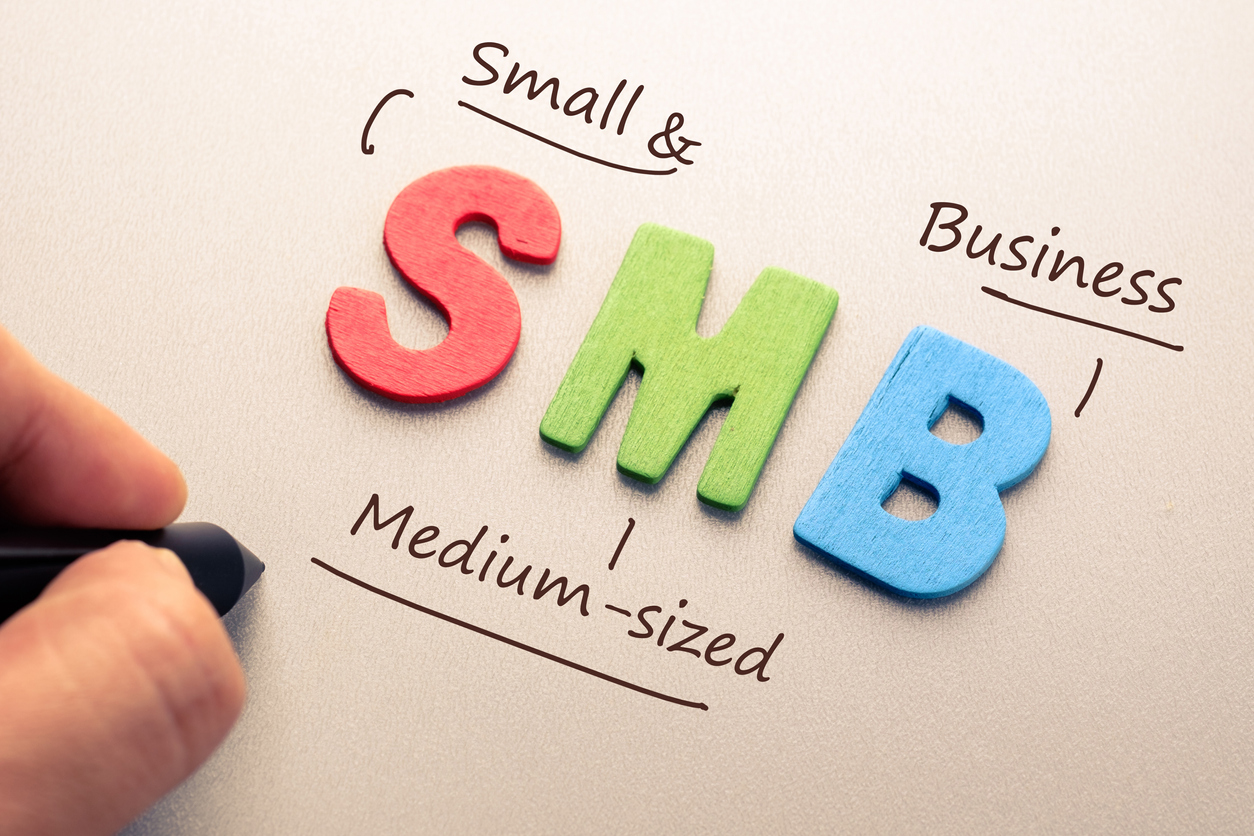
When your family’s net worth is greater than the Gross Domestic Product of many countries, they will most likely be among the wealthiest families in the world. Family heritage is not just an individual enriching it, it is systemic and generational. These family units are not millionaires, they are multi-billionaires.
10 richest families in the world
So who is the richest family in the world? The title currently belongs to the Walton family with a net worth of $173.1 billion. Keep reading to find out other families that made the list of the 10 richest families in the world.
1. The Walton family
- Company: Wal-Mart
- Net worth: 173.1 billion USD
The Walton family is no stranger to retail sales. Its name, the super-retailer Walmart, has estimated worldwide sales of $611.3 billion. Since the family owns almost half of the business, it will be comfortable enough for generations to come.
2. The Martian Family
- Company: Mars
- Net worth: 160 billion USD
The Mars family started selling molasses in 1902. Now better known for its M&Ms than even the Mars bar, the company has diversified its assets into areas like pet care. Even after four generations, the company is still run by several members of the Mars family.
3. The Koch family
- Company: Koch Industries
- Net worth: 128 billion USD
They say there’s money in the oil, and if the Koch family is any indication, it’s true. Not all families got along, and after fights in the 1980s, the four brothers who owned the inherited oil company were reduced to two brothers running the show. The Koch brothers’ conglomerate Koch Industries is estimated to generate $115 billion in annual revenue.
4. The Al Saud . Family
- Company: Royal Saudi Arabia
- Net worth: 105 billion USD
The House of Saud – although not technically a business – has ties to the Saudi royal family, a monarchy of nearly a century. As a result, the exact family wealth is harder to estimate. Ultimately, the wealth came from the country’s huge oil reserves and payments from the Diwan Royal Family. However, the family also handles government contracts and land transactions.
5. House of Hermes
- Company: Hermes
- Net worth: $94.6 billion USD
Most people keep their money in their handbags, but the family behind the French fashion house makes some money from making and selling them. Birkin handbags, as well as scarves, ties and other designer clothing, can cost customers thousands of dollars.
6. The Ambani . Family
- Company: Reliance Industries
- Net worth: $83.4 billion
Dhirubhai Ambani’s sons inherited their father’s fortune, after which Reliance Industries put his son, Mukesh Ambani, at the helm of the company. The Mumbai-based conglomerate is the world’s largest refinery complex. Son Anil Ambani leads telecommunications and asset management.
7. Cargill, The MacMillan Family
- Company: Cargil
- Net worth: $65.2 billion
What started as a grain storage warehouse is now one of the largest agribusinesses in the world. Cargill also has an estimated annual revenue of $165 billion. Both names are derived from the descendants of founder William W. Cargill and his son-in-law John H. Macmillan. These descendants still run the business to this day.
The Wertheimer . family
Company: Chanel Net worth: $63.2 billion
The beloved and respected fashion house was founded when the Wertheimer family financed Coco Chanel’s designs in the 1920s. Since then, the company has kept staples like the No.5 and No. famous little black dress. 9. The Thomson family
Company: Thomson Reuters Net worth: $54.4 billion The Thomson family is not only one of the wealthiest families in the world, but also holds its position as the wealthiest family in Canada. The family makes money from the media, starting with the radio station, and now has a two-thirds stake in Thomson Reuters, a data and financial services provider.
Hoffman, the Oeri . family Company: Roche Net worth: $45.1 billion
There could be a lot of money in the pharmaceutical sector, which is the accumulated wealth of pharmaceutical manufacturer Roche Holdings. It was founded in 1896 by Fritz Hoffman-La Roche and today derives a large part of its income from the production of cancer drugs. Today, descendants of the family still control 9% of the company.
finally lost
It’s hard to imagine that kind of asset – it’s an asset that lasts for generations and builds on its own. These families are no longer considered mere families, but dynasties, some of which have existed for centuries and are likely to continue into the future.





